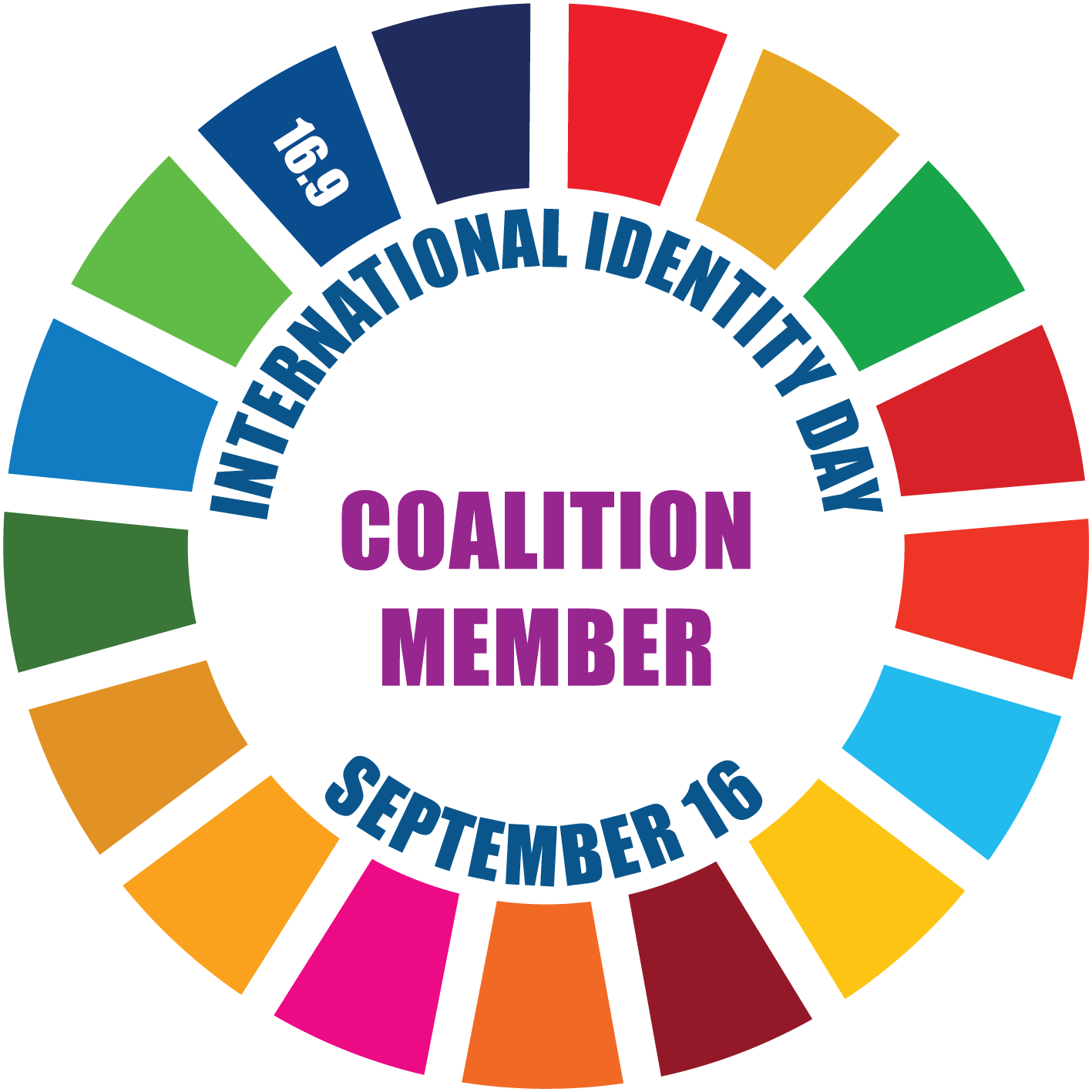EAB Advisory Council
The EAB Advisory Council (EABAC) is the organization’s internal advisory body, as laid down by the EAB’s constitution. It consists of the chairs of the constituted EAB committees and working groups, and elected representatives from the wider biometrics and identity community, including from outside Europe. Members of the EABAC are nominated by EAB members at the General Assembly and appointed by the Supervisory Board of the EAB.
The EABAC provides advice to the Supervisory Board of the EAB and other constituent bodies in matters of fundamental importance. It issues recommendations concerning directions concerning the EAB’s strategy and activities. Furthermore, the EABAC can issue statements of advice concerning the creation of new committees or the change or closure of existing committees and EAB activities. According to the EAB strategy the EABAC has identified four key audiences/groups that are the focus of its activities: Policy, Industry, Research & Academia and the Citizen. As a result, the EABAC will try to ensure that there is even representation from each of these four key audiences or groups.
The EABAC seeks to enhance information exchange and cooperation in the area of biometrics on European and international level by coordinating experts’ responses and providing a platform to work towards a concerted approach to the proper and beneficial use of biometrics.
People can be members of the EABAC on their private title if it is for their personal knowledge and expertise. These individuals will be senior and leading figures in their fields and be capable of providing the EAB with robust strategic and tactical support and advice.
The EABAC will meet once a year in Europe or another location which is agreed by the members of the EABAC, at a time that is convenient for the Members. Meetings will be scheduled at least three months in advance. The Chair of the EABAC will be nominated during the General Assembly and appointed by the Supervisory Board. The Chair can appoint a secretary from amongst the other EABAC members and will be responsible for developing a structured format for the meetings.
EABAC members are appointed for a period of two years but are eligible for re-appointment at the end of their 24 month term. A Secretary will be appointed to coordinate all requirements of the EABAC. The maximum membership of the EABAC is 15 individuals. Membership of the EABAC is a voluntary and unpaid activity. Government liaisons may participate in meetings and issues as invited by the EABAC Chair or its designee.
EABAC members:
as of 19 September 2023
- Christoph Busch, Hochschule Darmstadt, DE and Norwegian University of Science and Technology, NO (Chairperson)
- Raymond Veldhuis, University of Twente, NL and Norwegian University of Science and Technology, NO
- Farzin Deravi, University of Kent, UK
- Els Kindt, Katholieke Universiteit Leuven, BE
- Alexander Nouak, Fraunhofer-Gesellschaft, DE
- Jim Wayman, Member of Scientific Staff at U.S. Department of Homeland Security
- Vincent Bouatou, IDEMIA (Deputy Director, Strategic Innovation, Public Security & Identity Division)





